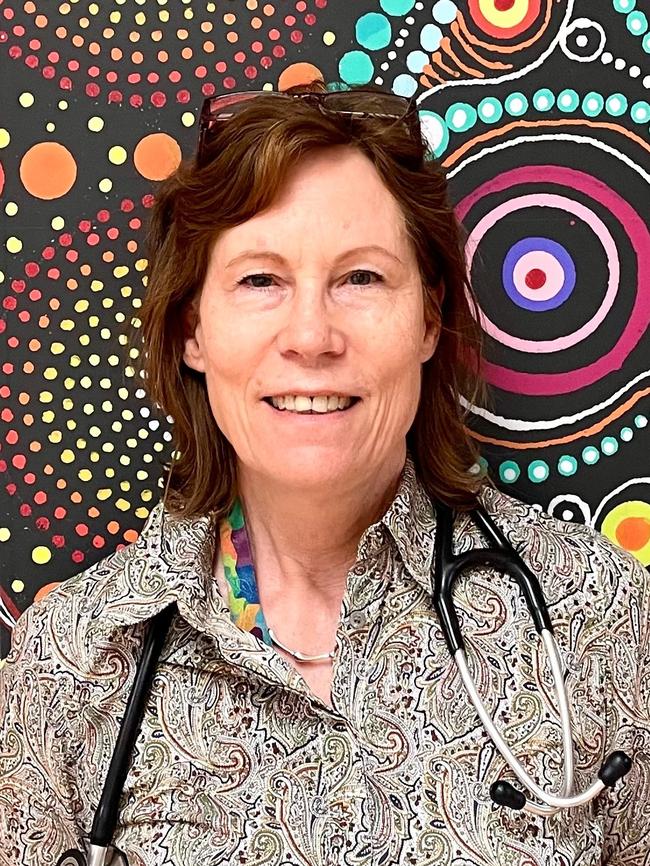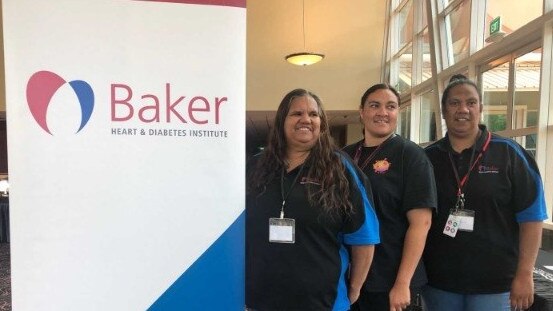Central Australia diabetes: Alice Springs symposium reveals issues in care
The seriousness of diabetes among members of indigenous populations in Central Australia has been laid bare, and a health expert is calling for urgent change.
Alice Springs
Don't miss out on the headlines from Alice Springs. Followed categories will be added to My News.
AN ALICE Springs endocrinologist is calling for more collaboration with community as rates of diabetes rises “rapidly” in Central Australian indigenous populations.
Dr Elna Ellis said health professionals were particularly worried about the growing number of affected young people.
“Very concerning is the rapidly rising prevalence of youth diabetes,” she said.
“There are even some children under 10 years of age being diagnosed.”
The latest data shows the prevalence of diabetes in indigenous people over 20 years old in Central Australia is 40 per cent.

Dr Ellis said there were some contributing factors that put First Nations’ people at higher risk of being diagnosed with type two diabetes, and experiencing complications as a result.
“There are very important underlying, associated factors would be the social determinants of health such as housing, access to food, food security, being able to prepare food, and the fact that health literacy and education is lacking in those communities,” she said.
She said a change in lifestyle over the last few decades was also to blame.
“High fat, calorie-dense foods became more readily available and at the same time all our jobs became more sedentary,” she said.
Central Australia also has the highest renal service in the Southern Hemisphere.
“What that’s saying is that there’s a lot of renal disease in our area, with many patients requiring renal dialysis,” Dr Ellis said.
The message she wants to convey to indigenous people in remote communities is the seriousness of the condition, and that prevention is key.
“We need to raise awareness at how serious diabetes is — it’s associated with complications affecting renal outcomes, diabetic foot problems and also cardiovascular risk,” she said.
“Because often a lot of family members have it, it could be seen as being normalised in the community.

“People also need to be aware they may not always feel unwell,” Dr Ellis said.
She said the main issues to be solved was getting community-led programs and improving the underfunded and underresourced remote health services.
“Over the course of time I think the funding has not kept abreast with the prevalence of cases.”
“We need to encourage and empower communities to have a voice and identify ways of working to improve the outcomes of diabetes.
“It’s a big challenge and it would be fantastic if we could identify more ways of working smarter,” she said.
Dr Ellis will be presenting on the final day of the Baker Institute Educational Symposium Friday in the Alice Springs Convention centre.





